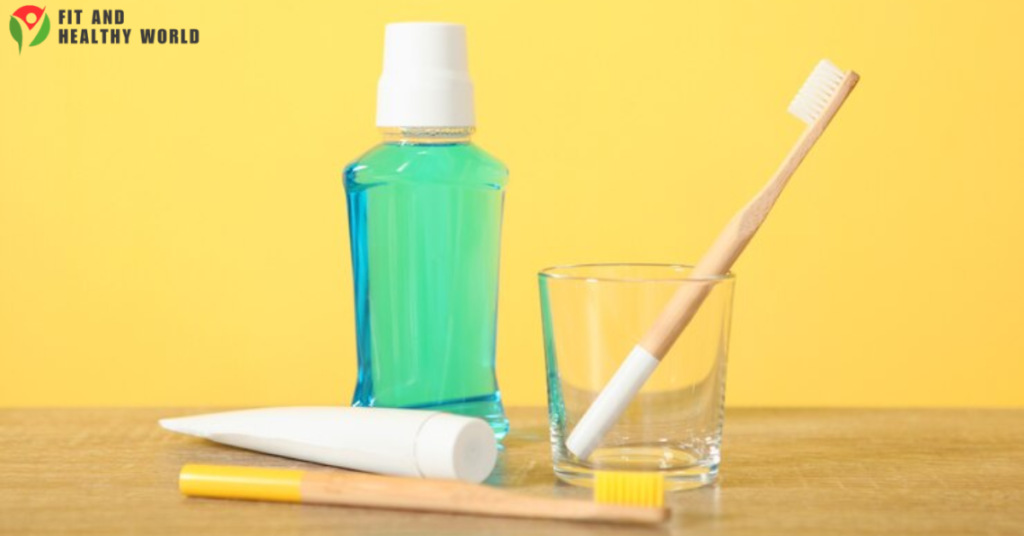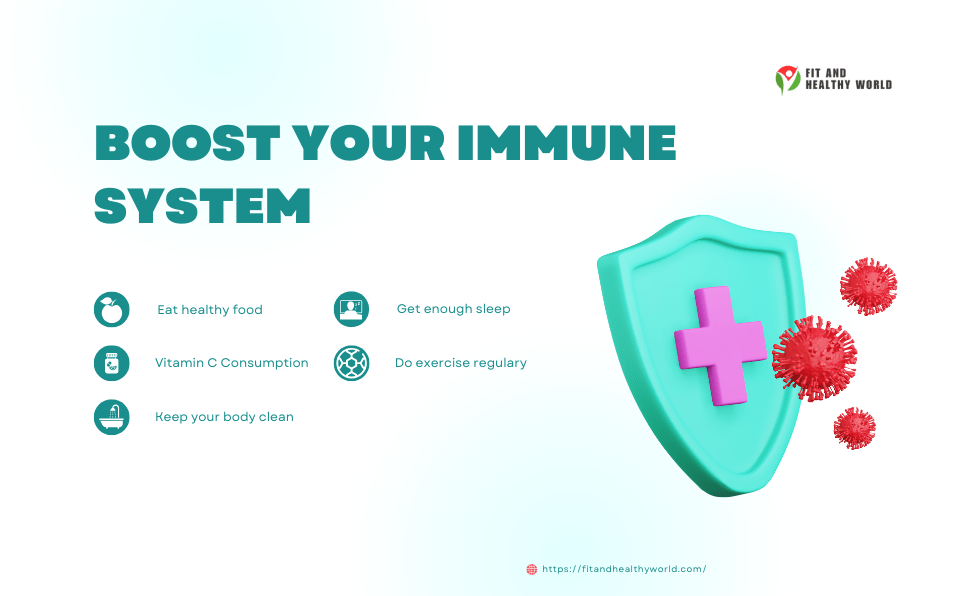Feeling teeth sensitive after a dental cleaning is more common than you might think. Many people experience oral discomfort after dentist visits, especially when their teeth have been thoroughly cleaned. The dental cleaning procedure often removes plaque and tartar, which can expose the dentin layer underneath your tooth enamel, making your teeth more sensitive.
You might also notice sore gums after cleaning, which adds to the discomfort. This temporary sensitivity is usually not a cause for concern, but understanding why it happens can help you manage it better. Let’s explore what’s behind this sensation and how to soothe it.
What Causes Tooth Sensitivity After a Dental Cleaning?
After a dental cleaning, it’s common to feel some mouth discomfort after dental work. It removes plaque and tartar, which can reveal sections of the teeth that are not accustomed to being touched. A dentist who cleans too close to the root or gum line may cause nerve sensitivity of the teeth. And that’s because cleaning can reveal your exposed dentin, the layer beneath your tooth enamel.
What’s more, if you have inflamed gums from inadequate mouth hygiene, they will loosen a bit while cleaning. That can cause the gum to recede and expose the sensitive parts of your teeth. That exposure is what causes you to feel a sudden twinge when you drink an ice water or eat something sweet. Yes, is sensitivity after teeth cleaning normal? It is, but it shouldn’t last long.
Understanding the Dental Cleaning Process
A regular dentist visit aftercare often involves a simple cleaning. But there are deeper procedures too. A routine vs deep cleaning depends on your oral condition. If you have more gum inflammation or buildup, the dentist might recommend a deep cleaning. Both types involve scraping away bacteria and plaque, and tartar removal.
As the dentist works, they may reach into areas close to the gum roots. This is especially true if your gums bleed or feel sore during brushing. The sensation you feel afterward is due to exposure. Your gums and teeth are not used to that pressure. So, oral care for sensitive teeth becomes crucial after each appointment.
Why Does Deep Cleaning Cause More Sensitivity?
Tooth sensitivity after deep cleaning treatment is more intense. That’s because it goes beyond the surface. Deep cleaning, also known as scaling and root planing, involves cleaning teeth below the gumline to remove buildup. It soothes gum inflammation, yes, but it goes gently on areas that don’t get much roughing up.
This is where exposed dentin becomes an issue. The act of doing so may strip some of the mineral layers from your tooth enamel, allowing teeth to feel more open to sensations. That’s why people experience the cold air or water more intensely after. The gums may become sore, and consequently, you have sore gums after cleaning.
How Long Does Tooth Sensitivity Last After a Cleaning?
How long does tooth sensitivity last? Generally, the pain should go away in a few hours or a few days. In most cases, it fades after a week. If it lasts longer than that, you should see your dentist. The issue may be something more serious like decay or gum disease.
Here is a quick breakdown of what to expect:
| Time After Cleaning | What You Might Feel |
| 0 to 24 hours | Slight tingling or aching |
| 1 to 3 days | Mild pain when eating or drinking |
| 4 to 7 days | Gradual return to normal |
| More than 7 days | See a dentist; the sensitivity should be gone |
This discomfort is often part of oral health maintenance. But knowing when to see a dentist for tooth pain is important.
Common Factors That Increase Sensitivity
Several things can make tooth sensitivity after deep cleaning treatment worse. If you already have thin tooth enamel, your teeth are more prone to pain. If your gums are receding due to brushing too hard or gum disease, your teeth may feel sore often.
Also, teeth whitening side effects may increase sensitivity. If you whiten your teeth soon after cleaning, it can worsen the discomfort. Lifestyle habits like eating acidic foods or drinking too many sodas can also affect the sensitivity level.
How to Relieve Tooth Sensitivity After a Cleaning
Wondering how to stop teeth from hurting after the dentist? Start by avoiding extremely hot or cold drinks. Let your mouth rest by choosing soft foods for sensitive teeth. Also, switch to a tooth desensitizing toothpaste. These products block signals from the nerve endings to reduce pain.
Many people ask, What helps sensitive teeth fast? Using a saltwater rinse for gums helps reduce swelling and kill bacteria. Just mix one teaspoon of salt with a glass of warm water and rinse for 30 seconds. Repeat two times daily. This is one of the best natural remedies for tooth pain.
Best Dental Products for Sensitive Teeth
Key to success: You’ll want to pick the right toothpaste for sensitive teeth. Try products that contain potassium nitrate or stannous fluoride. These are nerve soothers to the teeth. The American Dental Association suggests gently brushing with a soft-bristled brush.
If you have sore gums, steer clear of alcoholic mouthwashes. Instead, use a rinse free of alcohol. They are perfect for those who need a little pain relief for those tender gums! There are good solutions from such brands as Sensodyne, Colgate Sensitive , and Pronamel. These are available at most U.S. pharmacies.

How to Prevent Future Sensitivity
An ounce of prevention is worth a pound of cure. Two times a day brushing with fluoridated toothpaste, daily flossing and mouthwash treatment keeps your oral health in strong condition. Schedule periodic cleanings, and ask your dentist how to follow your plan for your oral health.
Stay away from foods that damage your enamel. Citrus fruits, vinegar-based sauces, and carbonated beverages are some of the foods to avoid with sensitive teeth. You should not be consuming them too frequently as it erodes your enamel and creates discomfort.
When Should You See a Dentist?
If, after a week, you’re still in sharp or throbbing pain, it might be time to schedule a check-up. You may need additional care, especially if the pain is interfering with eating or sleeping. At what point toothache needs a dentist? Anytime the pain doesn’t improve within seven days.
Places like Glen Burnie Dental Group provide professional dental care that goes beyond cleaning. They help uncover the real reason behind your pain. Whether it’s an exposed root or damaged enamel, a dentist can fix it early.
Final Thoughts: Don’t Fear the Dentist!
It is totally normal to experience some sensitivity after a cleaning. It’s usually a sign that the dentist got it good and cleaned out bacteria and buildup. Do not allow fear to prevent you from protecting your smile. Cleanings are an important part of keeping a healthy mouth.
But pain after dental cleaning can be controlled to a certain extent with the right measures. Rinse with warm salty water, eat soft meals, and attend to your teeth daily. Inquire about any discomfort you are having with your dentist and then receive appropriate dental tips after teeth cleaning. (Because your teeth will thank you.)
(FAQs)
How long are your teeth sensitive after cleaning?
Sensitivity usually lasts a few hours to a week and should gradually improve as your gums and teeth recover.
Is it normal for teeth to hurt after cleaning?
Yes, mild pain or sensitivity is normal, especially if a deep cleaning or plaque removal was done.
Why are my teeth sensitive after removing plaque?
Removing plaque can expose dentin or cause gum inflammation, leading to nerve sensitivity in teeth.
How can I get rid of my sensitive teeth?
Use tooth desensitizing toothpaste, avoid extreme temperatures, and try a saltwater rinse for gums.
Can you restore tooth enamel?
While enamel can’t grow back, you can strengthen it using fluoride toothpaste and professional dental care.



